Ranges are complete in VS2019, see https://devblogs.microsoft.com/cppblog/c20-ranges-are-complete-in-visual-studio-2019-version-16-10/
Why does the output_iterator concept have a static cast in the definition below taken from the Microsoft implementation?
// CONCEPT output_iterator
template <class _It, class _Ty>
concept output_iterator = input_or_output_iterator<_It> && indirectly_writable<_It, _Ty>
&& requires(_It __i, _Ty&& __t) {
*__i++ = static_cast<_Ty&&>(__t);
};
